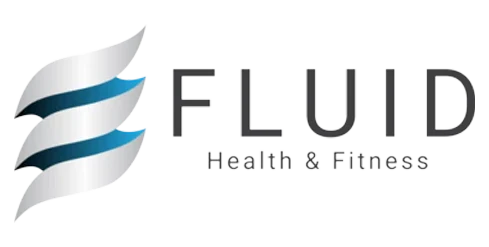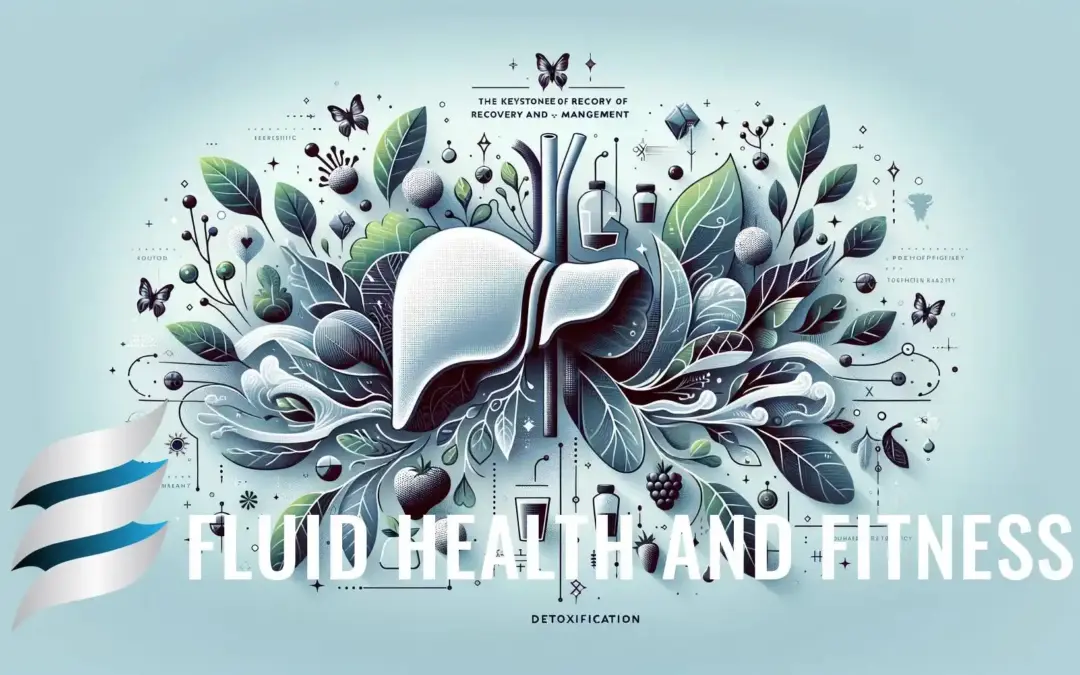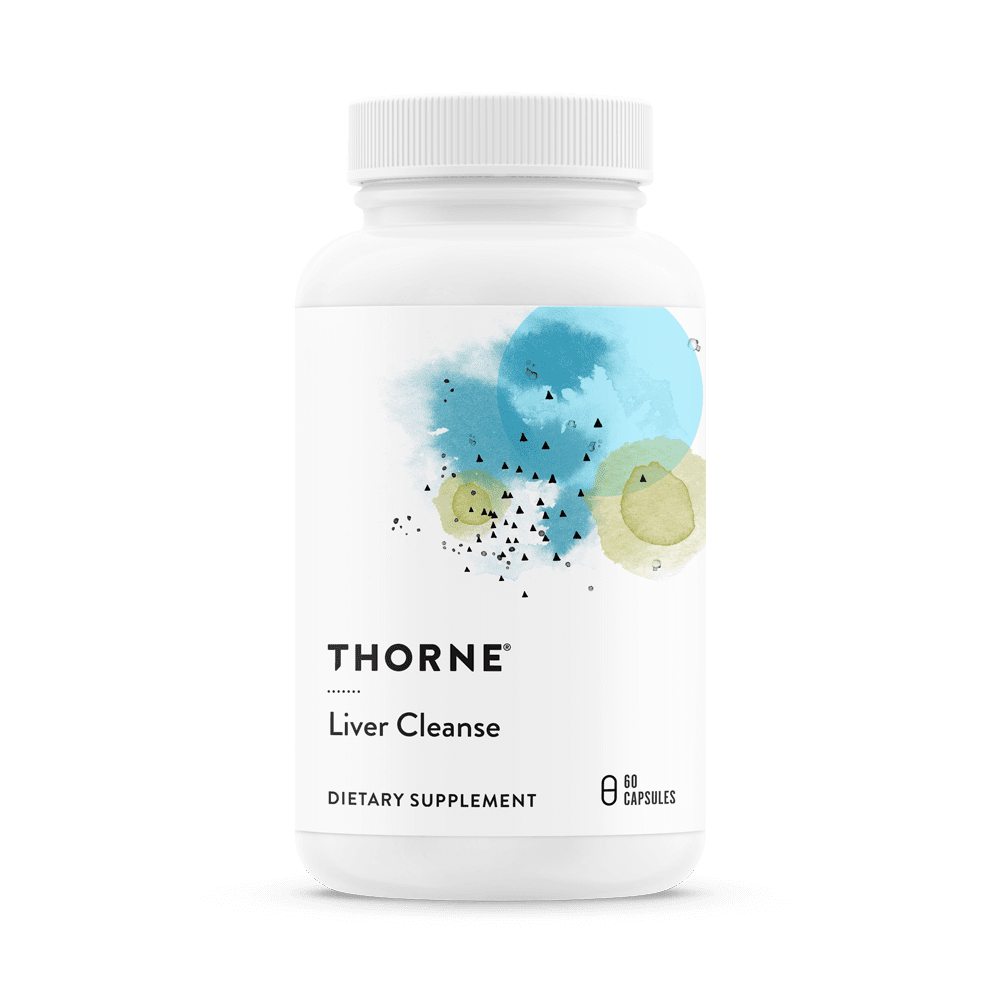
At Fluid Health and Fitness, we aim to illuminate the complex interplay between lifestyle choices and bodily functions to optimize health. A crucial aspect of this is the body’s detoxification system. Today’s blog delves into how an impaired detoxification system can significantly impact your ability to recover and manage weight. We will explore the physiology of detoxification, including the neurolymphatic processes, and highlight the pivotal role of the liver.
Understanding the Detoxification System
Detoxification is the body’s intrinsic process of neutralizing or eliminating toxins. It is critical for maintaining optimal health and supporting recovery and weight management. This system spans several organs, with the liver playing a central role. Toxins, whether from environmental sources, diet, or normal metabolic processes, are transformed and excreted via urine, feces, and sweat.
The Liver and Its Role in Detoxification
The liver is a processing plant to detoxify harmful substances and metabolic wastes. It uses a two-phase process to convert fat-soluble toxins into water-soluble forms that can be excreted. Phase I involves oxidation, reducing, or hydrolyzing toxins, often producing free radicals, which, if excessive, can damage liver cells. Phase II is crucial as it attaches small chemical groups to toxins (a process called conjugation), making them easier to excrete. An overloaded detox system, from poor diet, excessive alcohol, or environmental toxins, can impair these processes, leading to increased toxin levels and stress on the body.
Impact on Immune and Cardiovascular Systems
An impaired detoxification capability can have cascading effects on the immune system, leading to heightened susceptibility to infections and inflammation. Chronic inflammation can, in turn, affect the cardiovascular system, increasing the risk of hypertension and heart disease by promoting the buildup of arterial plaque and disrupting normal heart rhythms.
Restoring Detoxification Systems
Improving your body’s detoxification efficiency involves a multi-faceted approach:
- Nutritional Interventions: Incorporate foods rich in antioxidants and nutrients that support detoxification, such as leafy greens, berries, garlic, and turmeric. Focus on reducing processed foods and sugar intake, which can burden the liver.
- Behavioral Interventions: Reducing exposure to toxins is crucial. This includes minimizing alcohol consumption, quitting smoking, and avoiding known environmental toxins.
- Exercise Interventions: Regular physical activity increases blood flow and helps flush toxins through sweat. Incorporating a mix of cardiovascular, strength, and flexibility exercises can enhance lymphatic circulation, further aiding in detoxification.
Takeaways
At Fluid Health and Fitness, we emphasize that a well-functioning detoxification system is fundamental to recovery and effective weight management. By understanding the crucial roles played by various components of the detox system, particularly the liver, and adopting lifestyle changes, we can significantly enhance our health and well-being. Let us guide you through personalized strategies that improve your detoxification processes, ensuring you achieve and maintain peak physical condition.
References
– Hodges, R. E., & Minich, D. M. (2015). Modulation of Metabolic Detoxification Pathways Using Foods and Food-Derived Components: A Scientific Review with Clinical Application. *Journal of Nutrition and Metabolism*.
– Klaunig, J. E., Xu, Y., Isenberg, J. S., Bachowski, S., Kolaja, K. L., Jiang, J., Stevenson, D. E., & Walborg, E. F. (1998). The role of oxidative stress in chemical carcinogenesis. *Environmental Health Perspectives*.
– Liska, D. J. (1998). The detoxification enzyme systems. *Alternative Medicine Review*.
– Pelton, R., LaValle, J. B., Hawkins, E. B., & Krinsky, D. L. (2001). Drug-induced nutrient depletion handbook. *Lexi-Comp Inc.*.
By addressing these areas with informed, research-backed strategies, we continue our commitment to fostering sustainable health improvements for our clients.





